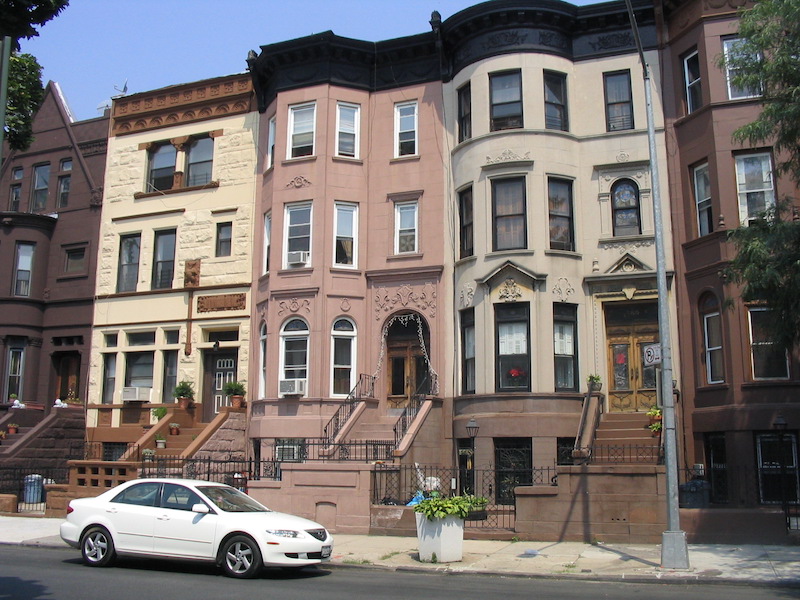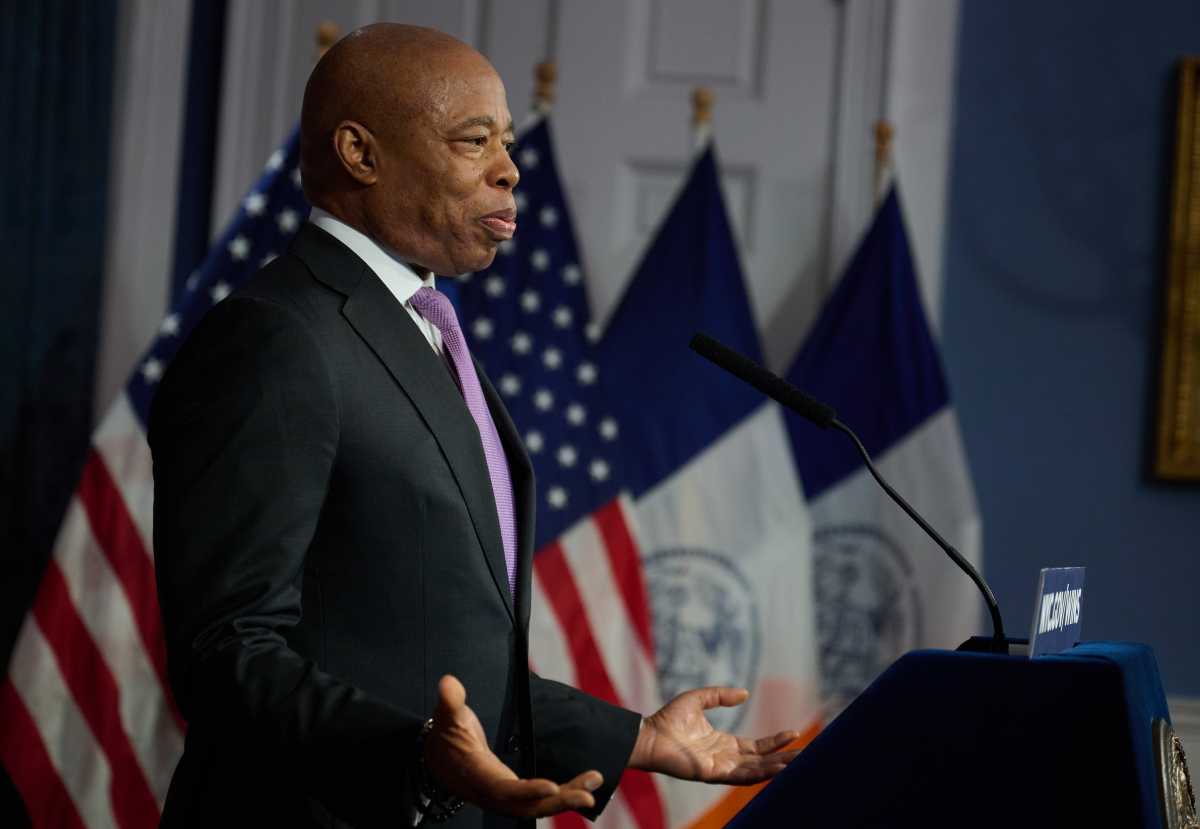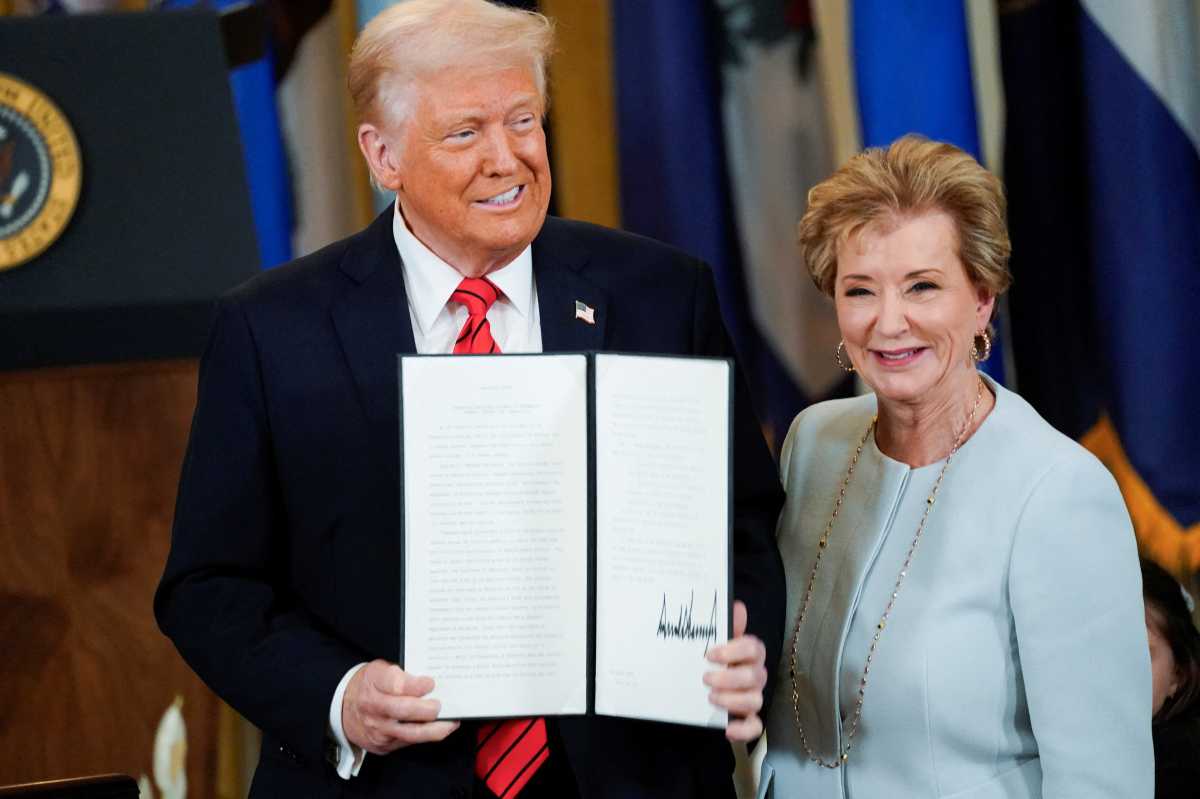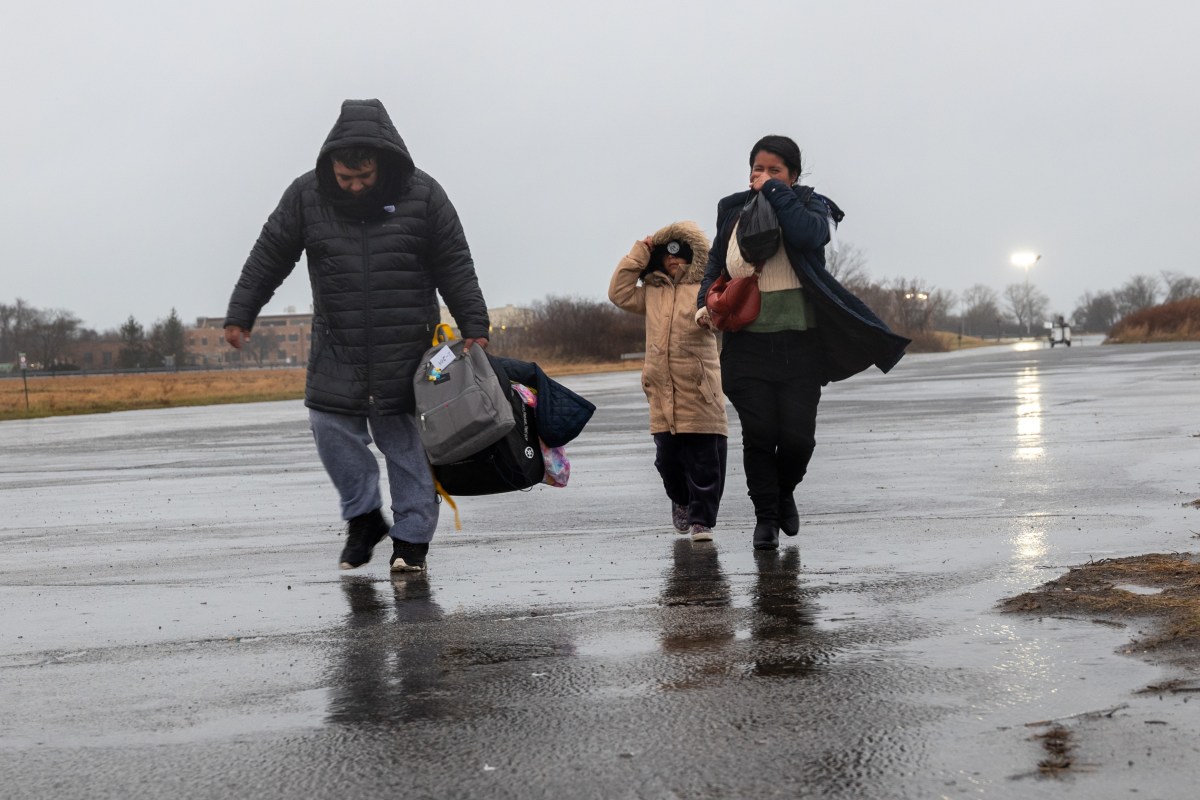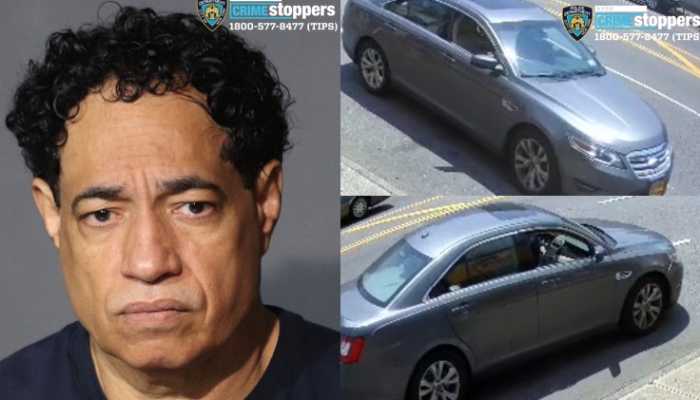The New York City 2020 Tax Lien Sale saga continues.
 The city’s controversial tax lien sale has been delayed once again by the governor to the delight of Queens lawmakers who’ve been pushing for the hotly contested sale to be postponed, or ideally, cancelled all together this year because of the ongoing coronavirus pandemic.
The city’s controversial tax lien sale has been delayed once again by the governor to the delight of Queens lawmakers who’ve been pushing for the hotly contested sale to be postponed, or ideally, cancelled all together this year because of the ongoing coronavirus pandemic.
Going forward with the sale will only further exacerbate the hardships caused by the pandemic, the lawmakers said.
“The impact of COVID-19 permeated every area of this city and every aspect of our lives,” said City Councilmember Adrienne Adams (D-Queens), Co-Chair of the Black, Latino and Asian Caucus and a vocal opponent to the sale. “As our city continues to face massive unemployment, moving forward with the 2020 lien sale would further devastate New Yorkers especially in communities of color that have suffered disproportionately from the impacts of the pandemic. Housing instability was a tremendous problem in this city before the pandemic and moving forward with the lien sale at this time would only exacerbate that.”
There are more than 9,000 properties on the tax lien sale list. More than one-third of the properties are in Brooklyn which has around 3,900 properties listed. Queens has the second-highest amount with more than 2,200.
According to an executive order issued by Governor Andrew Cuomo on Sunday, the 2020 New York City Tax Lien Sale now cannot take place until after Nov. 3.
This is the third time that the sale has been delayed. It was originally scheduled to take place in the spring but was pushed until September because of the COVID-19 pandemic.

The postponement comes as Assemblymember Robert Carroll‘s (D-Park Slope, Windsor Terrace, Kensington legislation A10481, placing a moratorium on municipalities selling property tax warrants to private companies for the period of COVID-19 state of emergency.
In the memo accompanying the proposed legislation, Carroll notes, “In normal times the practice of municipalities selling property tax warrants to private for-profit companies is a nasty practice. During the COVID-19 emergency it will contribute to ruining homes, lives and busi- nesses so a select few can profit while municipalities see a minimal increase in tax revenue. This practice should be eliminated altogether, but a good first step would be to suspend this activity during the COVID-19 pandemic.”
Carroll said the legislation is currently in the Real Properties and Taxation Committee.
In the weeks leading up to the September date, lawmakers for districts with a high number of properties on the sale list demanded that the sale be canceled citing concerns that the city had not been able to do proper outreach to homeowners because of the pandemic. They also said that the sale disproportionately affects Black homeowners and puts them at risk of losing their homes.
The mayor stood by his decision to go forward with the September sale date saying that it would bring in much needed revenue in a time when the city desperately needs funds. It wasn’t until the day of the sale that Cuomo issued an executive order postponing the sale again until October with the ability to extend the delay.
Whether or not the city would obey the governor’s executive order was unclear in the weeks that followed because of murky messaging from the city. The mayor’s office had announced a new sale date for later in September which it listed on some of the city’s websites. But, the new sale date was set for before the governor’s order allowed.
In a city council hearing in mid-September that the mayor was criticized for not attending, Attorney General James said that she would take legal action against the city if it went forward with the sale.
The sale could be postponed yet again come Nov. 3.


